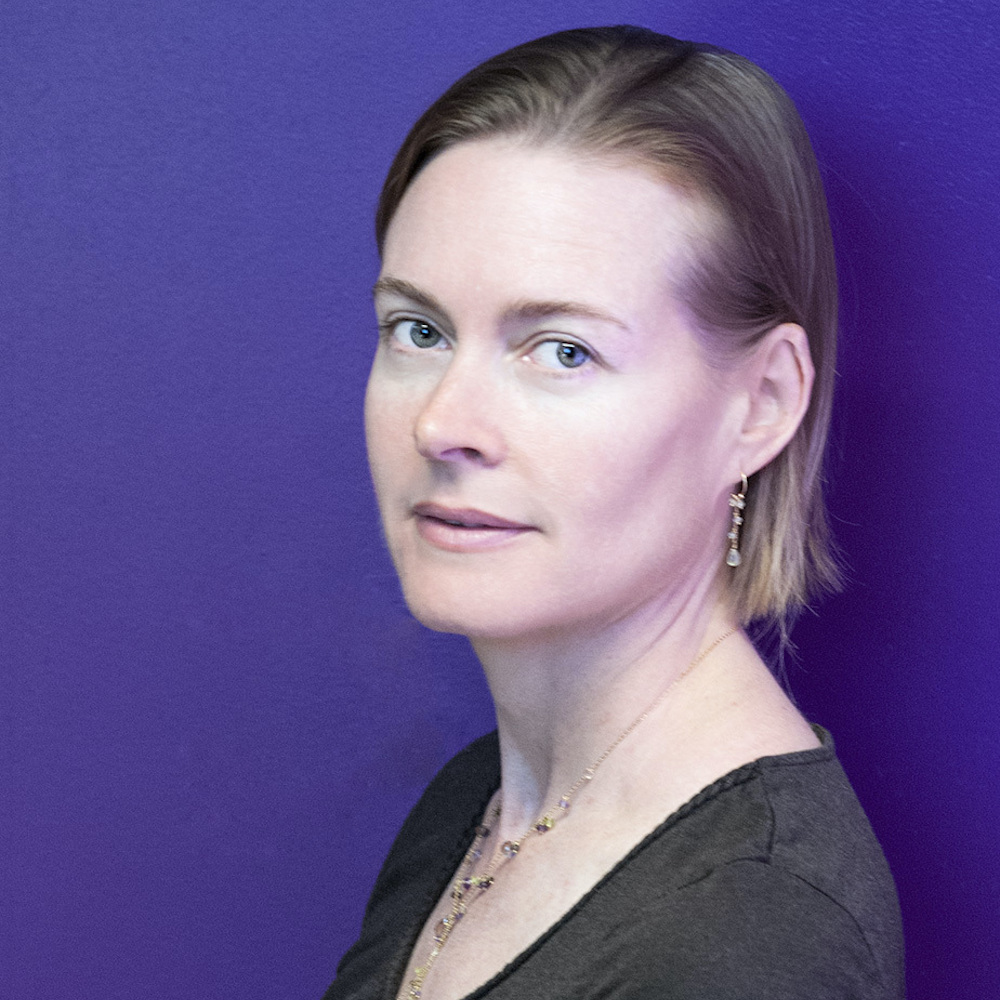Last week’s hot ticket in literary London was the Royal Society for Literature’s program “What’s so great about Proust?” featuring Margaret Drabble, Ian Patterson (translator of the recent Penguin edition of book six), and Jane Haynes (a psychologist who has written on Proust), and chaired by Christopher Prendergast (who oversaw the new translations for Penguin).
The event was one of many inaugurating Europe House on Smith Square. Unfortunately, student protests and rioting caused the closure of streets in the surrounding area, as well as the local tube station; Charles and Camilla’s cortege was attacked as they headed to a royal engagement but London’s Proustians were undeterred and intrepid; by the time the panelists arrived (albeit a half hour late) the room was packed.
Jane Haynes kicked off in praise of the anacoluthon—the unfinished thought, or sentence, that features so largely in Proust’s oeuvre. Some sentences are so long, Christopher Prendergast remarked, that the reader forgets what the beginning of the sentence was about. A discussion of Proust’s style ensued, with Ian Patterson recommending Walter Benjamin’s essay relating Proust’s unusual syntax to his psychogenic asthma.
Patterson, who received a fellowship from the University of Texas in Austin to work on his translation, got the most laughs of the evening with a tale about his time translating there. Reviewing his notes in a thick black notebook on his daily bus ride to the library, he was approached one morning by a maternal-looking fellow passenger who gestured to his book and said, “I’m so glad to see you’ve been saved!”
But the highlight of the evening was a contribution from an audience member, who had studied in France as a teen. Visiting her host family’s housekeeper at home one Sunday, she was surprised to find the woman owned a complete set of Proust. Why, the girl asked, did she have these books? The housekeeper explained that her aunt had been a baker in Illiers, and as a young girl the woman had been dispatched to deliver The Famous Madeleine to the house of a local family whose visiting nephew was known only as “Le Fou.” (The Crazy One).
Unfortunately, due to the late start, the final discussion of Proust’s message of the redemptive power of literature had to be cut short. Three of the four panelists rejected the message outright, and Jane Haynes was only able to briefly dissent, asserting her belief that literature, as any art, can be profoundly redemptive for individuals, if not for society. But I’m afraid the panelists had forgotten, at least momentarily, the vital role translation can play in making the foreign become familiar, or at very least less foreign, a belief we put great faith in at Words Without Borders. This notion is supported in Proust’s final volume, in which he asserts that “art is the most real thing there is” and “reading becomes an act of creation.” Mr. Prendergast asked, “Can literature save the world?” I would reply: we will never know if we do not try.











